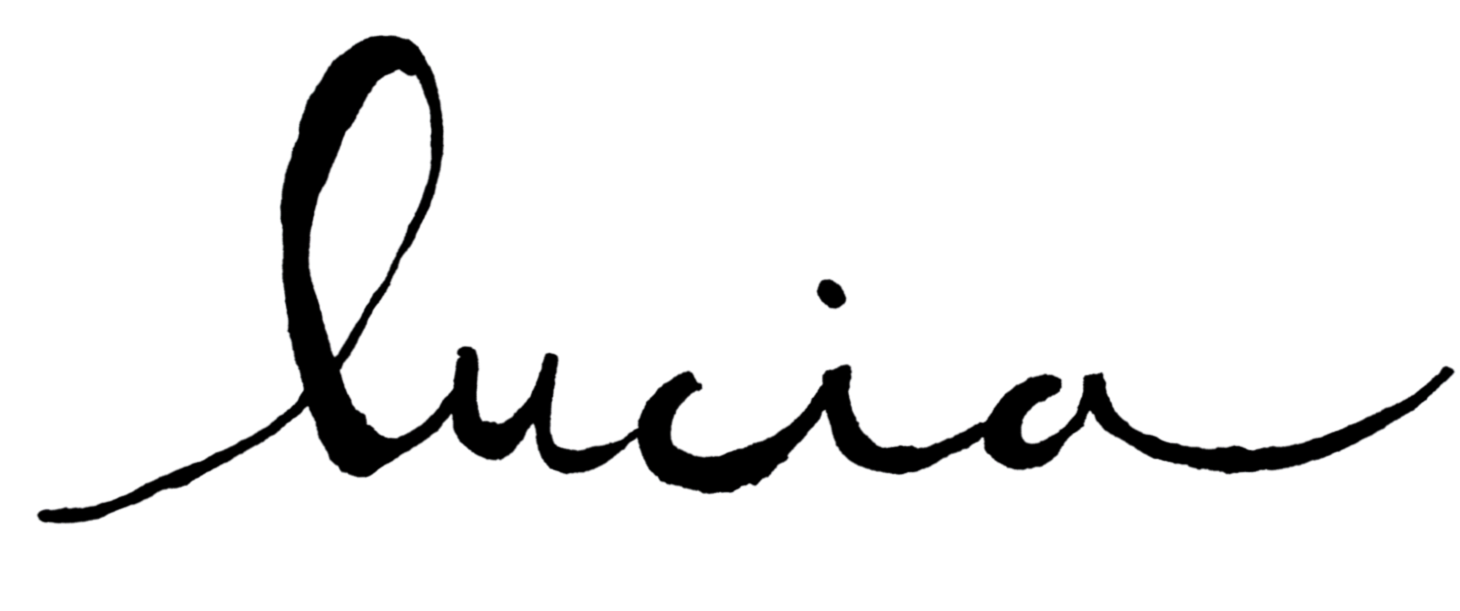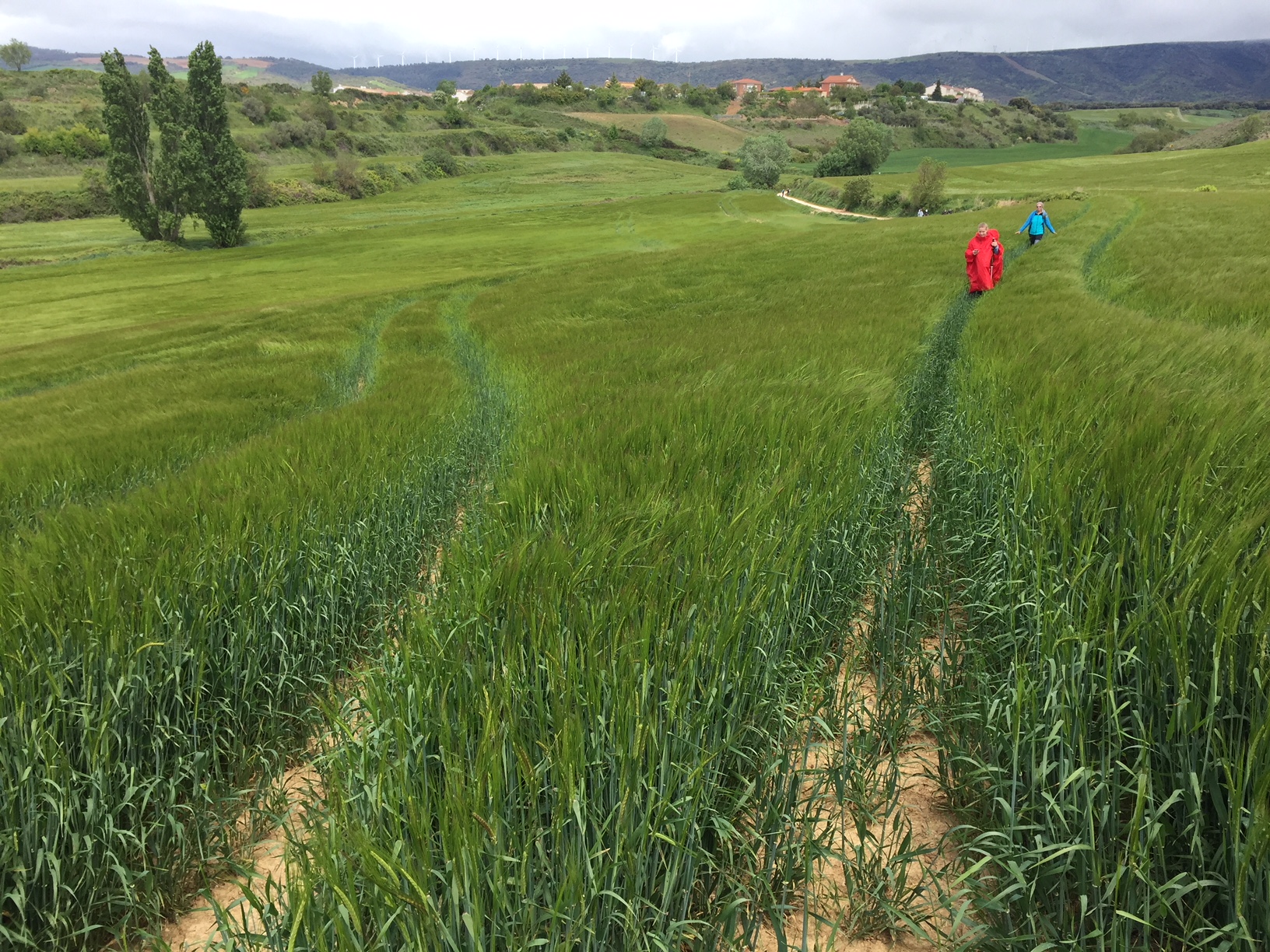
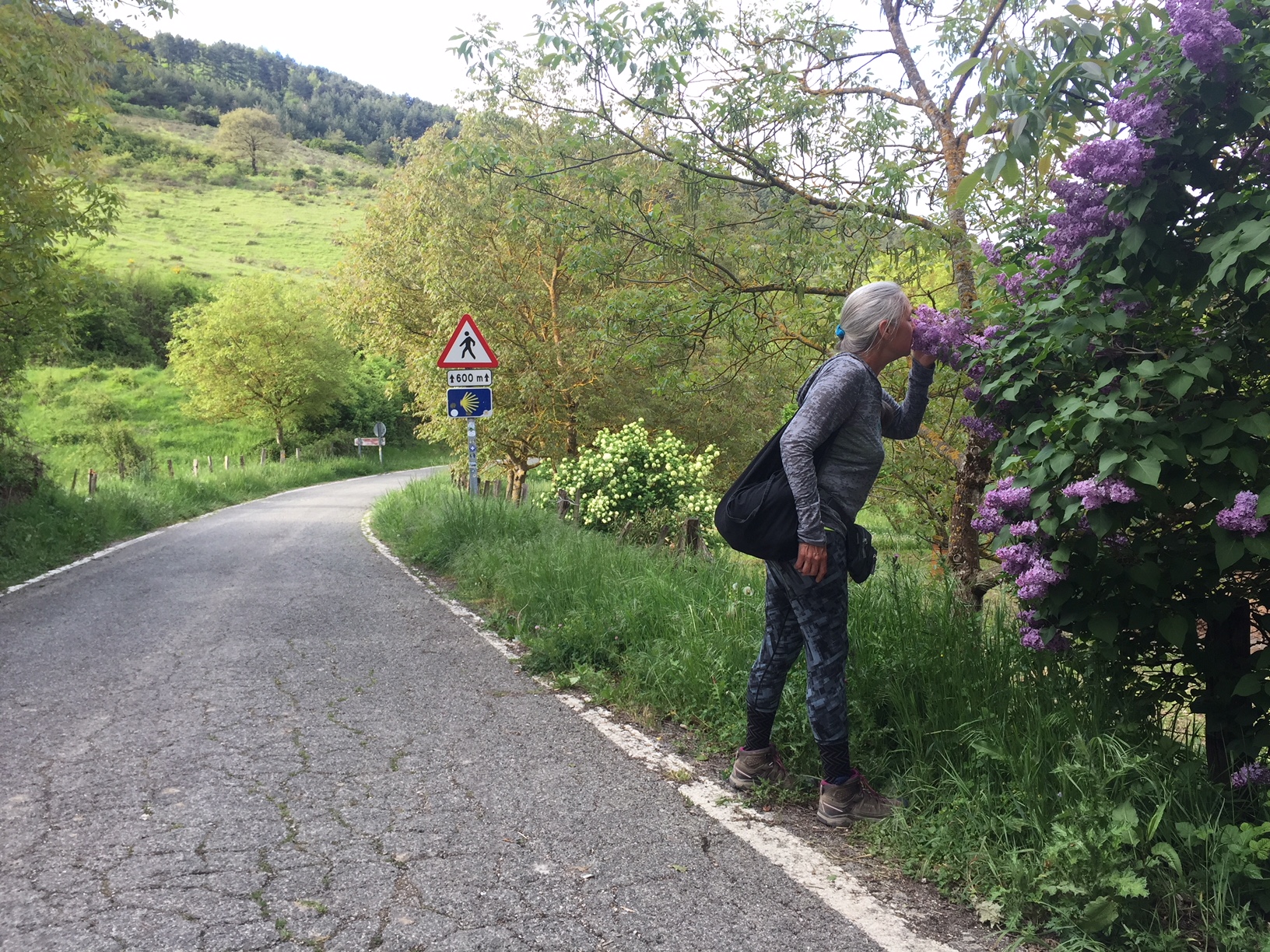
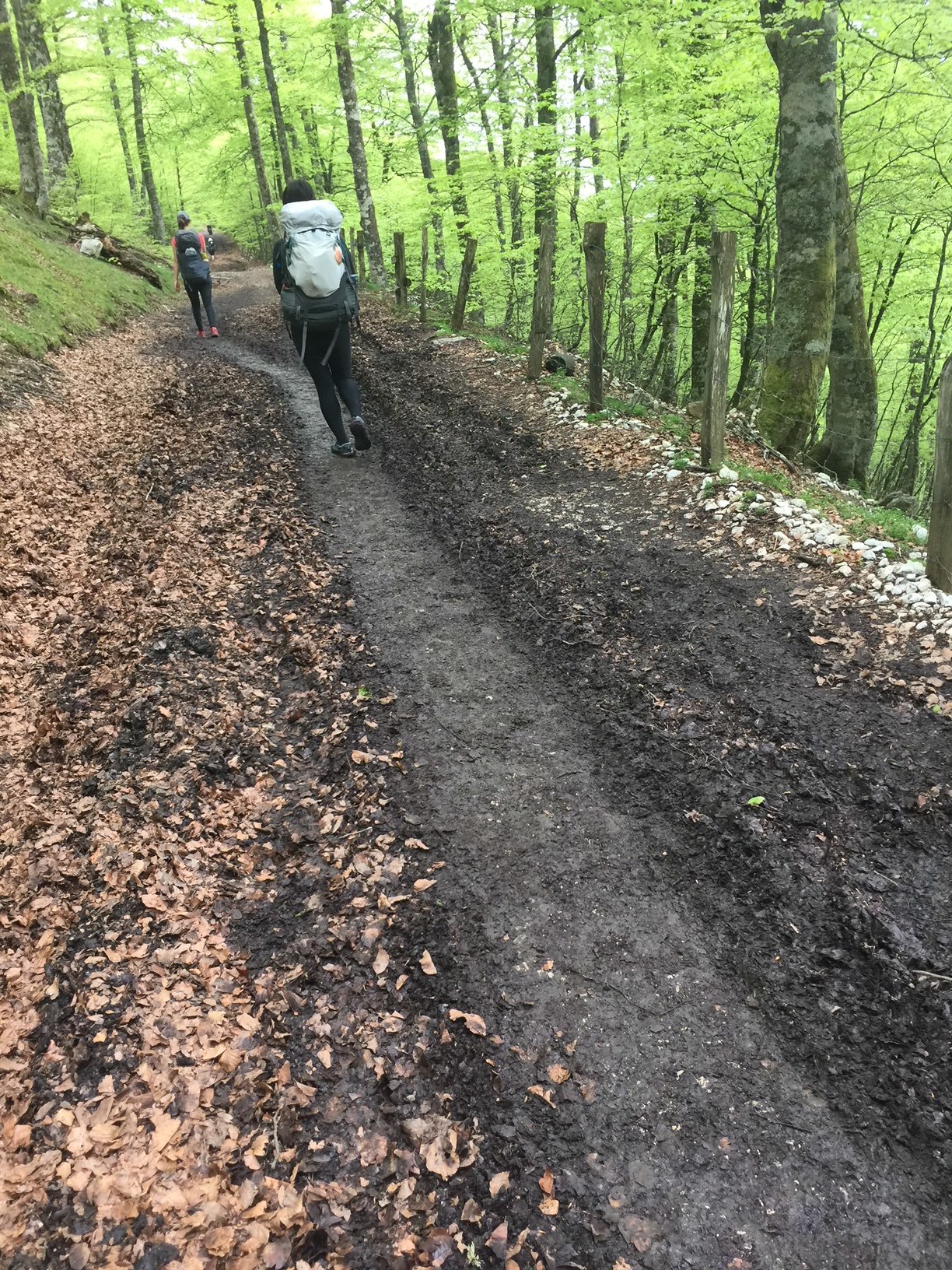
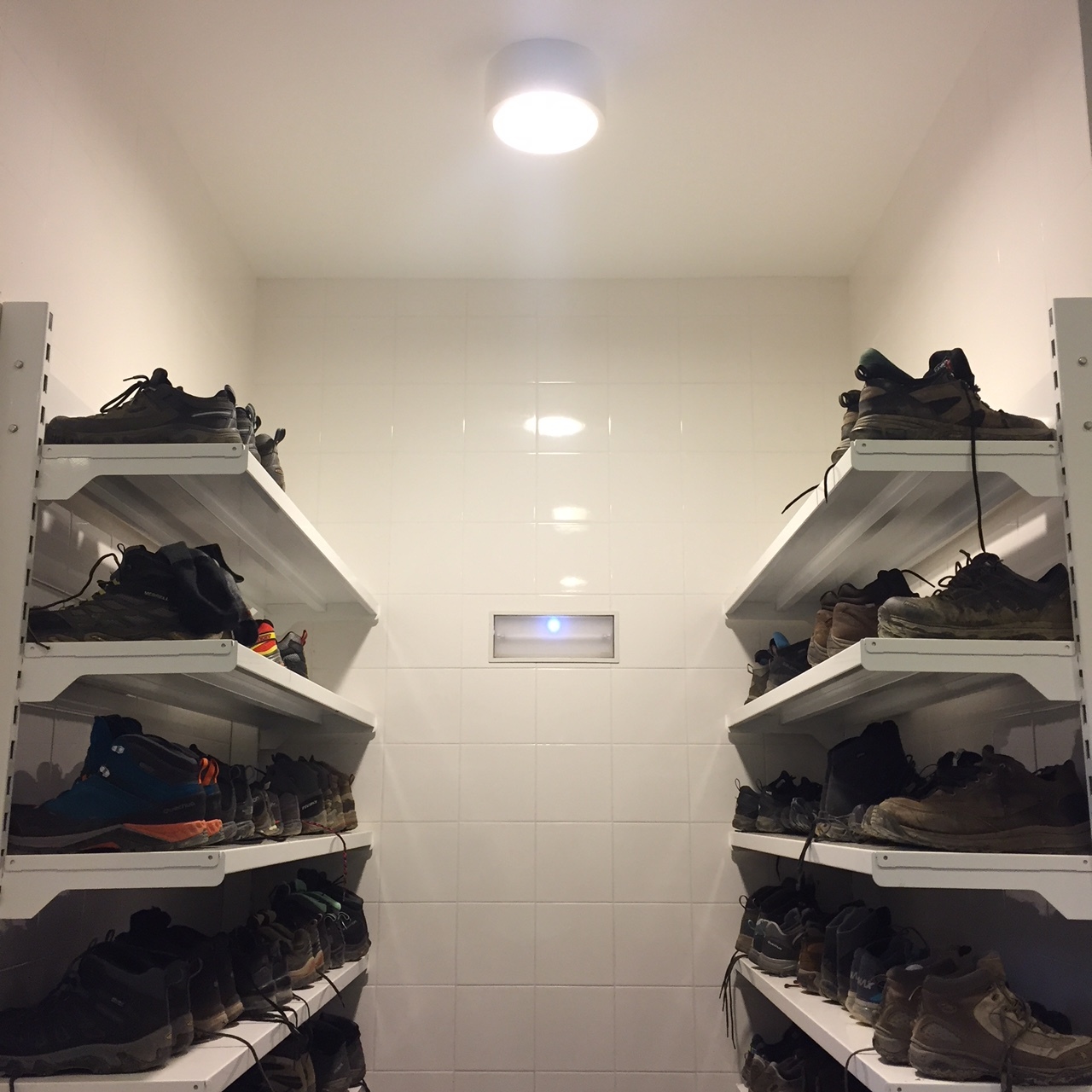
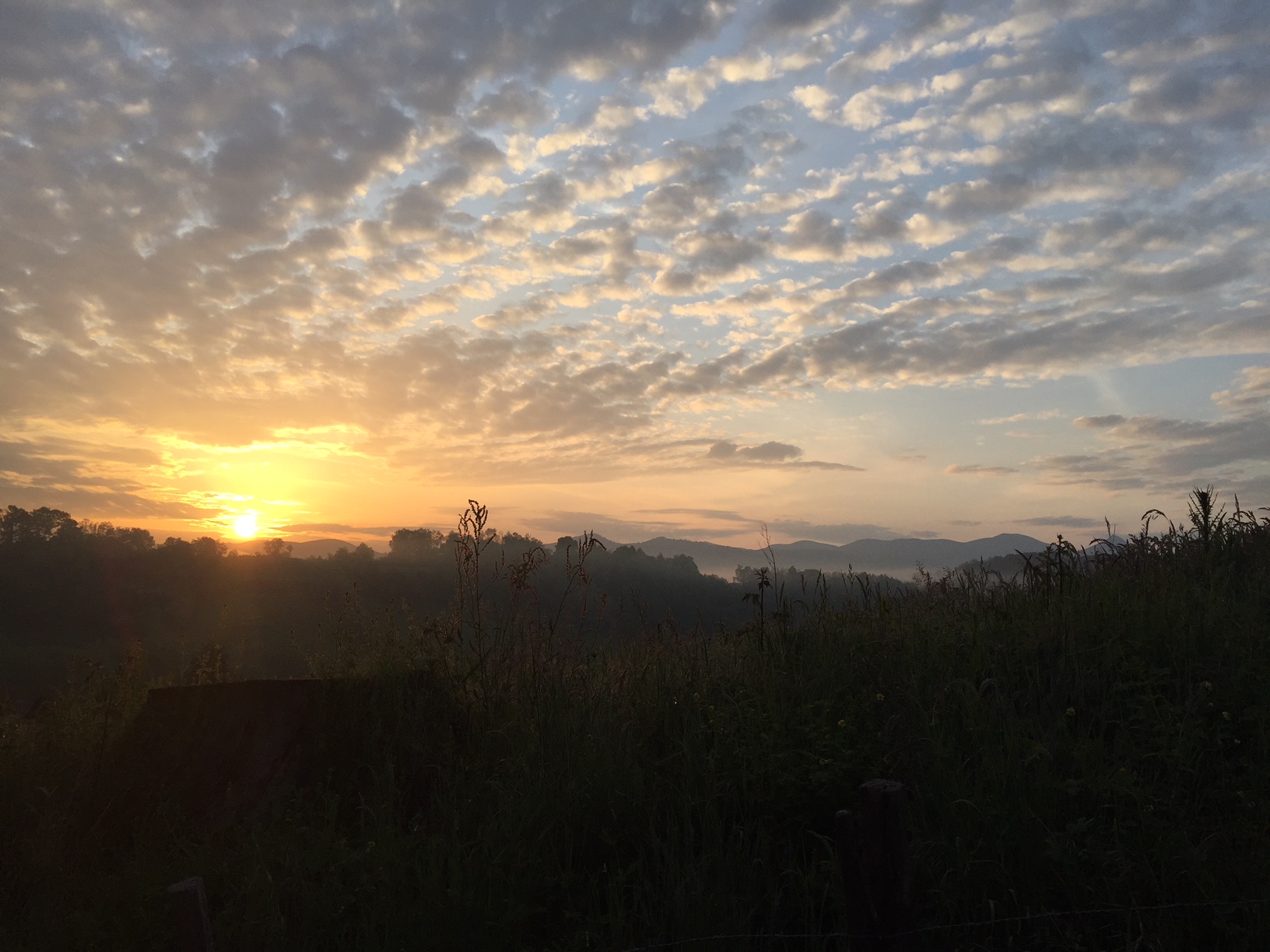
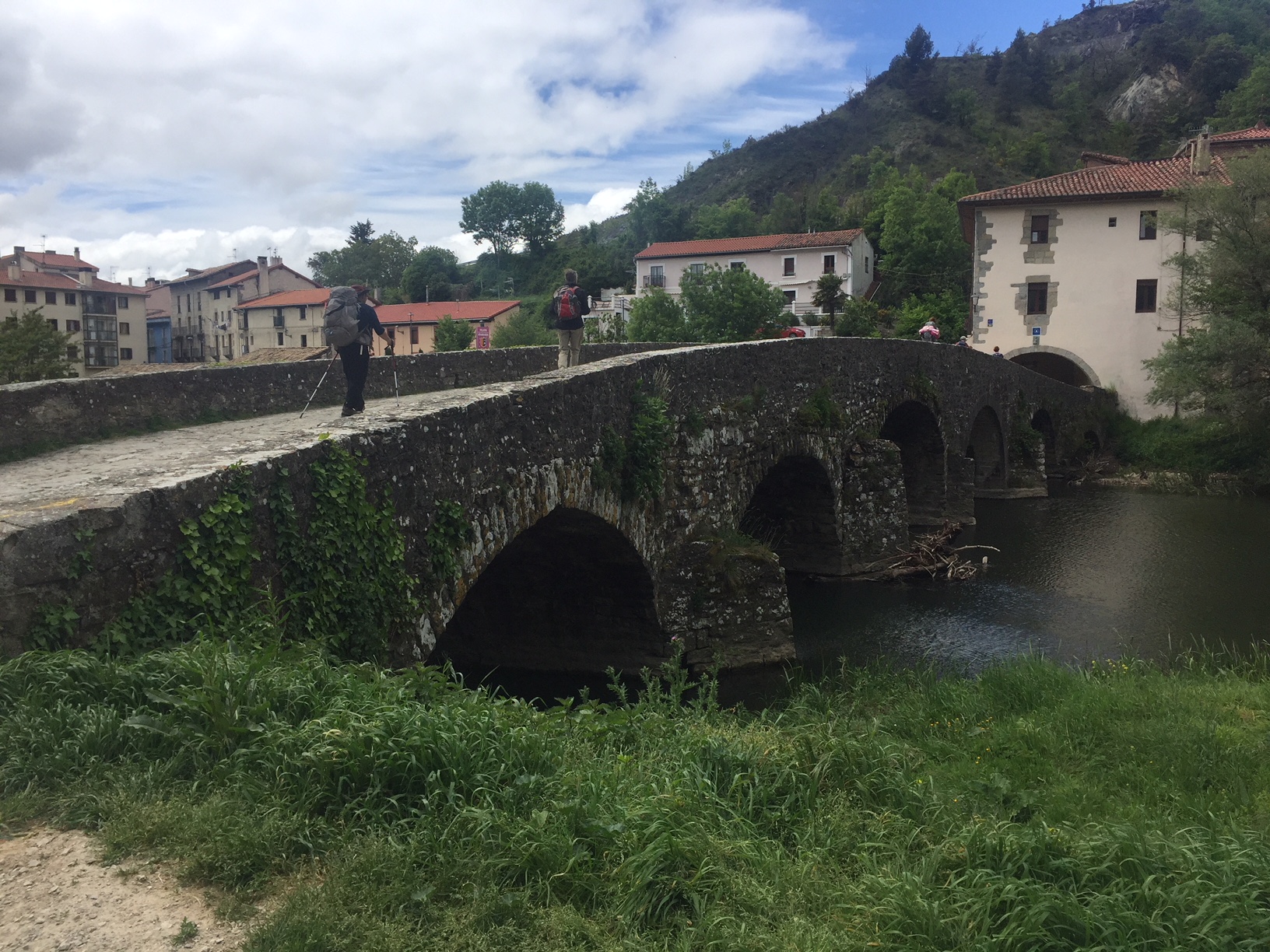
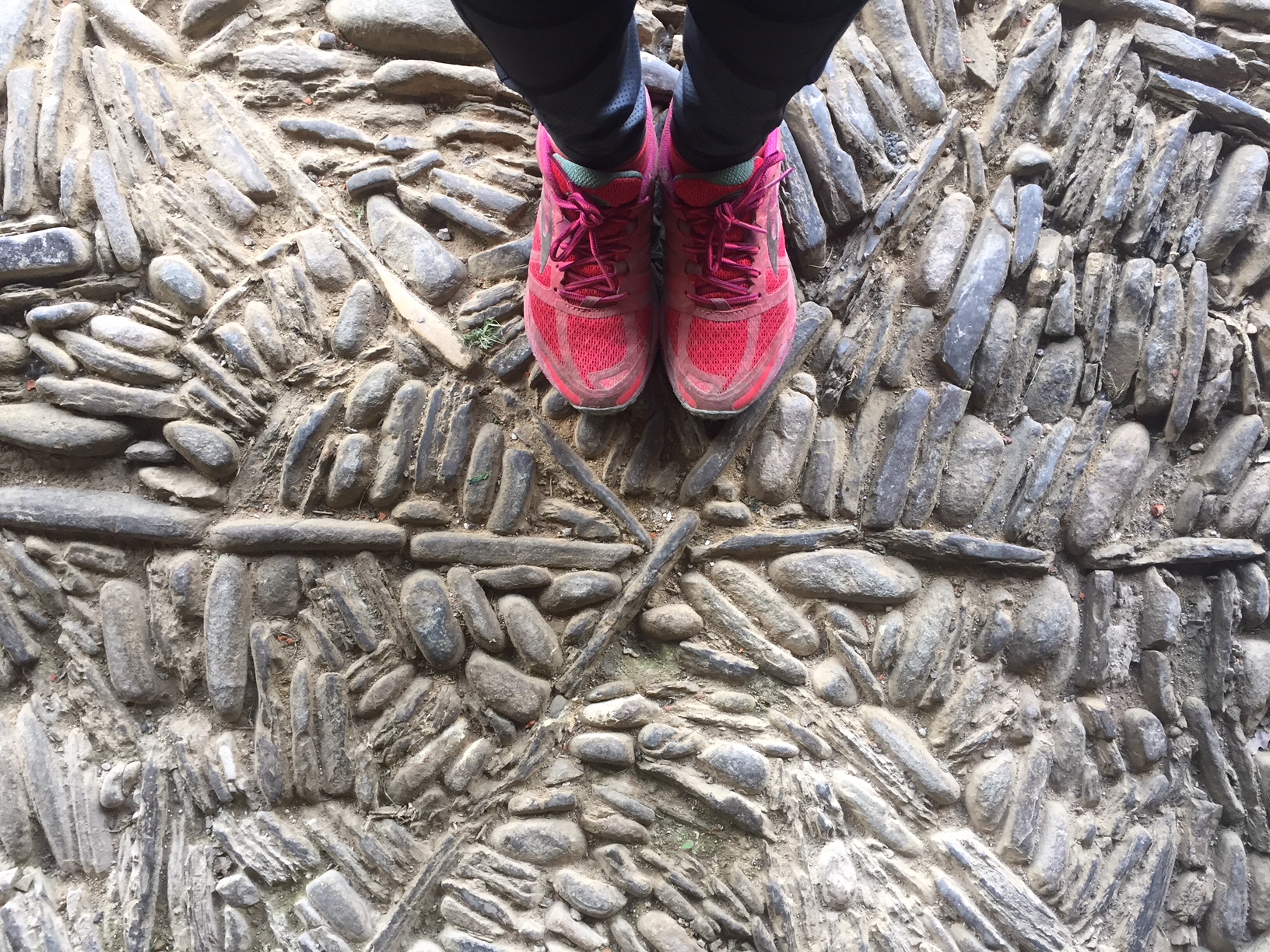
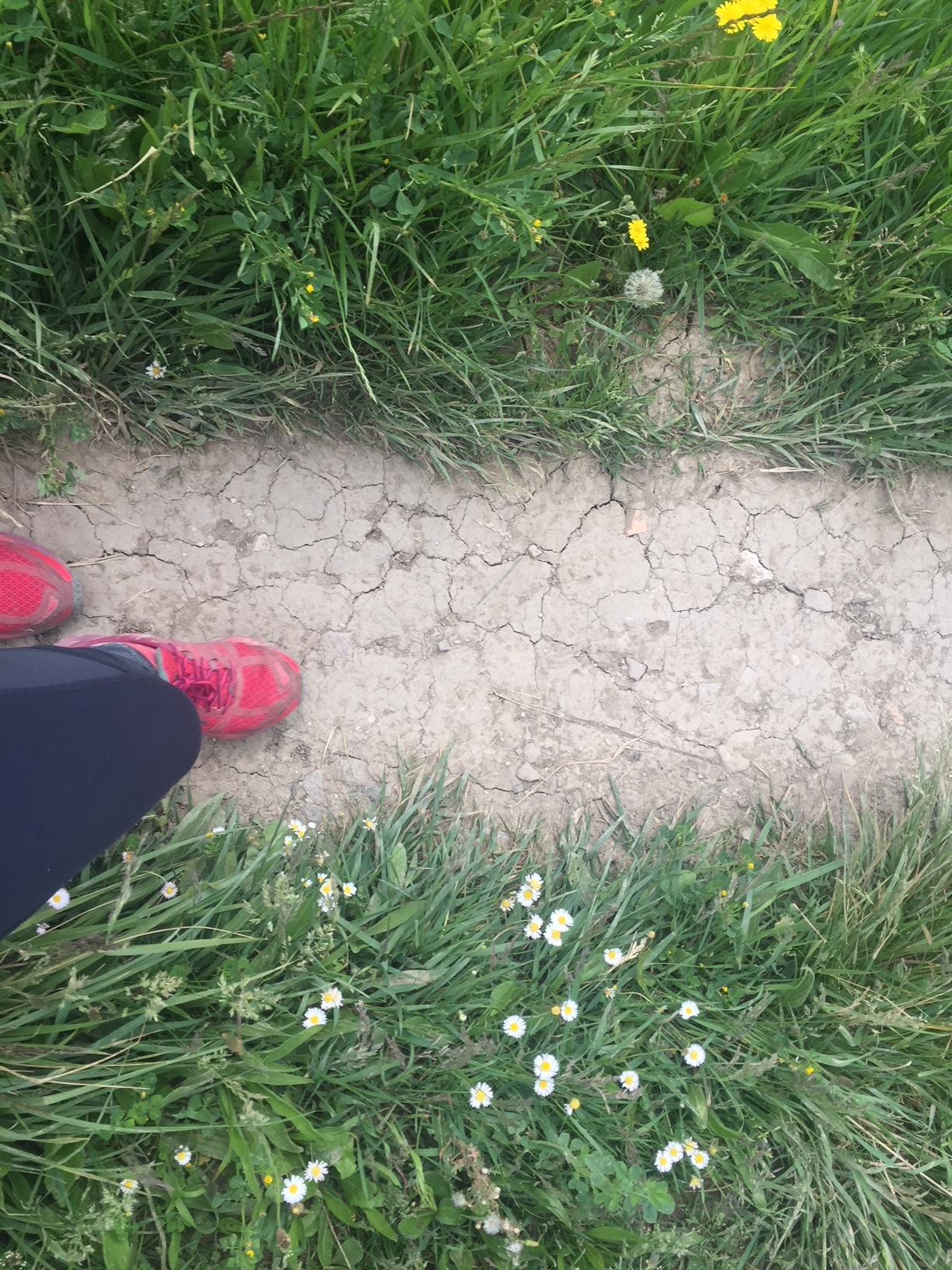
Words and photos by Karly Siroky, Columnist
(885 words)
As someone who makes her living working remotely, it's hard to admit that the only way to truly connect with someone is to look them in the eyes.
Over the past two weeks, I have looked more strangers in the eye, many in the throes of some of their deepest struggles, and offered these words:
“Buen Camino”
The American equivalent? "Happy trails." The literal translation: "Good way."
I've come to learn that to fully connect with another person, you must share the same physical space. Gosh knows I've been doing just that for the last 14 days--rows of muddy boots, hanging our delicates on the same clothesline, a symphony of seven snores in the same bunkroom.
At first, the queues for hostels irritated me. "Too many people," I muttered under my breath. My walking partner reminded me softly:
“We all breathe the same air. We all have a reason for being here.”
One hundred and sixty miles later, my fellow pilgrims have become my family. Real connection is having each other's backs--shouting ahead when it appears that two pilgrims are veering off the trail, helping another arrange for a taxi to the next town when her body just won't go. The older gentleman who keeps leap-frogging me? I don't yet know his name, but I've eaten breakfast with him enough times to know he loves anything with lemon.
I have never been so present in a single conversation--my walking partner's entire life: her medical history, the loss of her father, mother and brother--all woven into a 500-mile tapestry unfurling itself with each step we share on this dusty, dirt path.
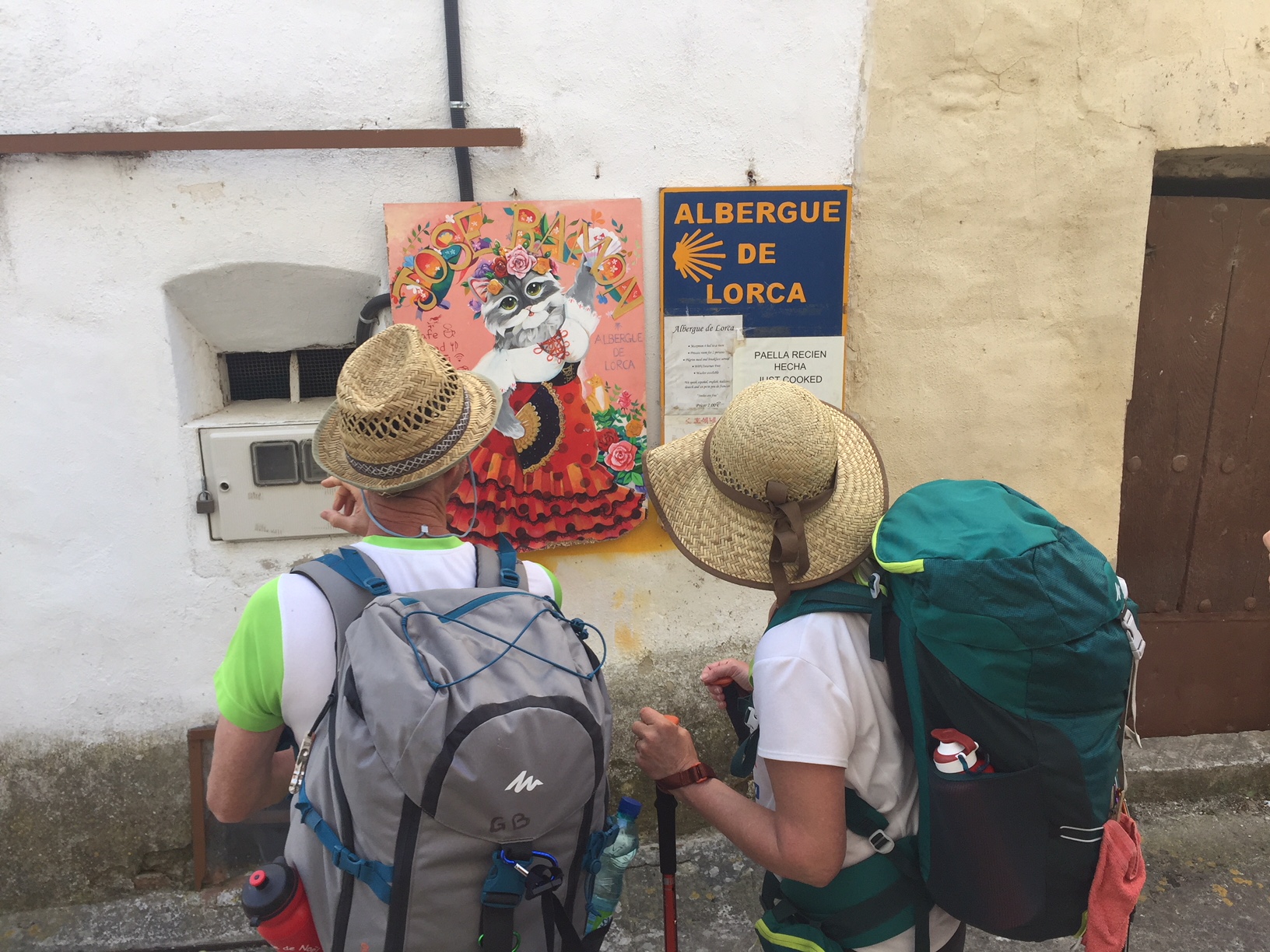
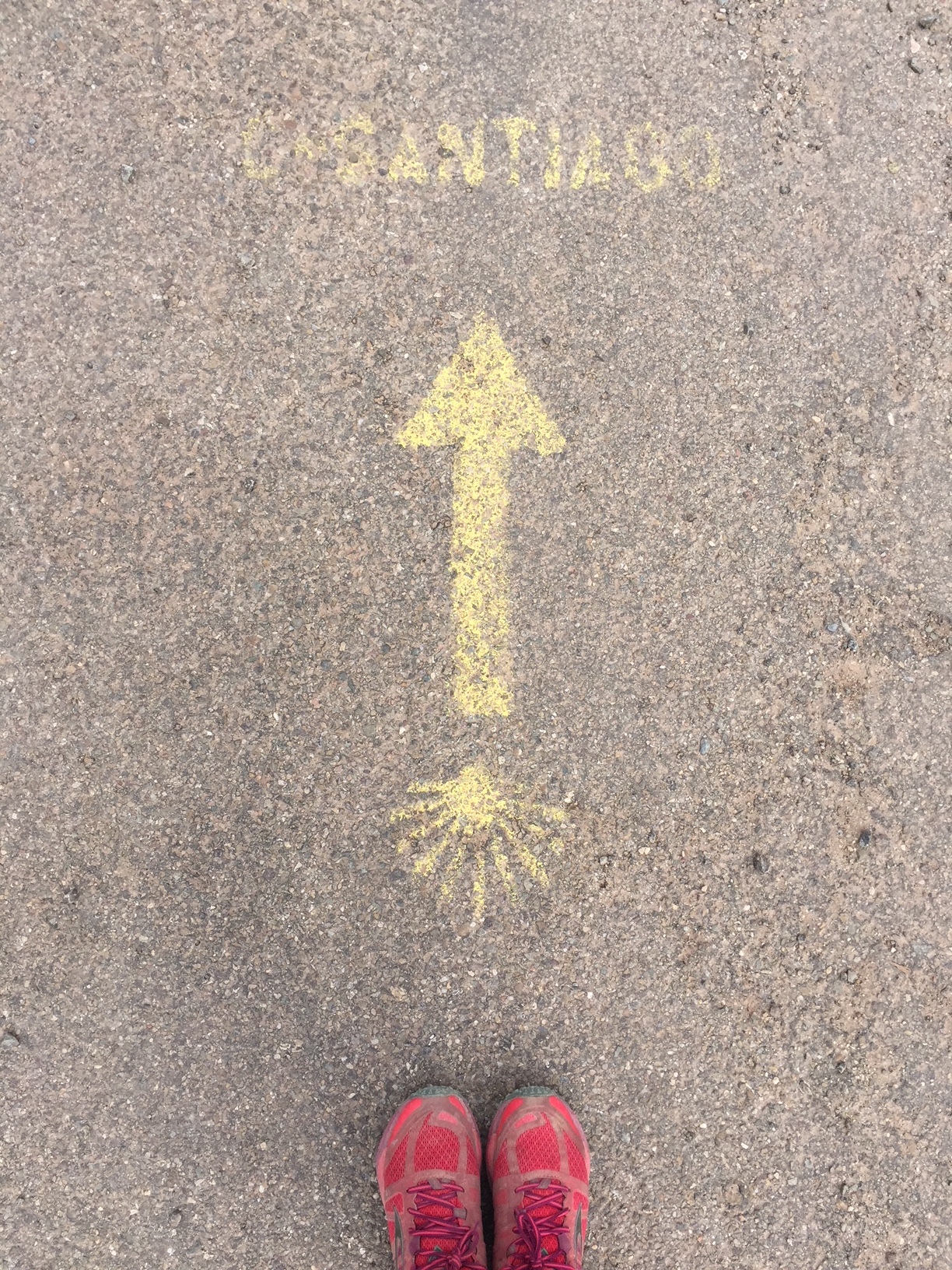
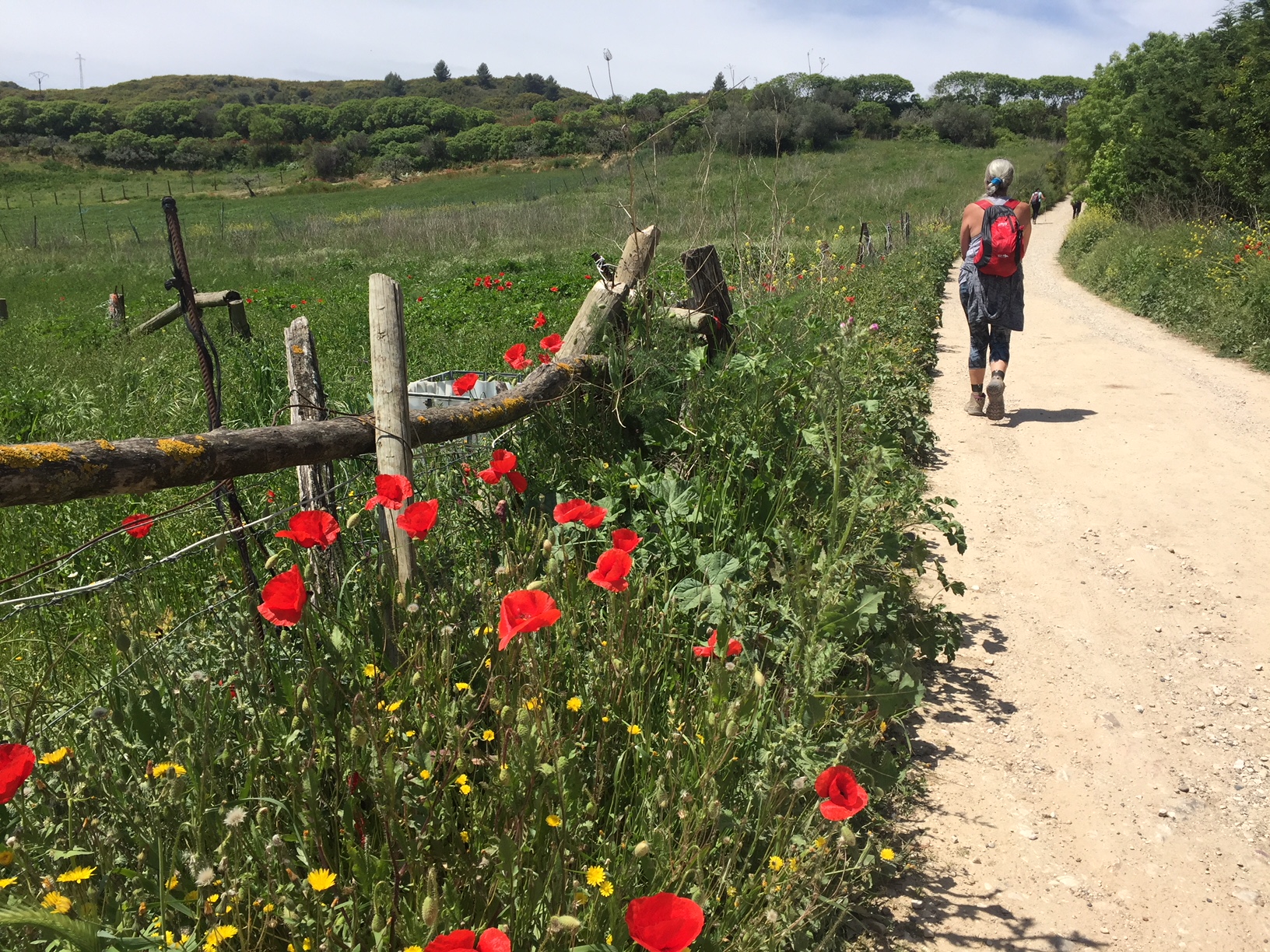
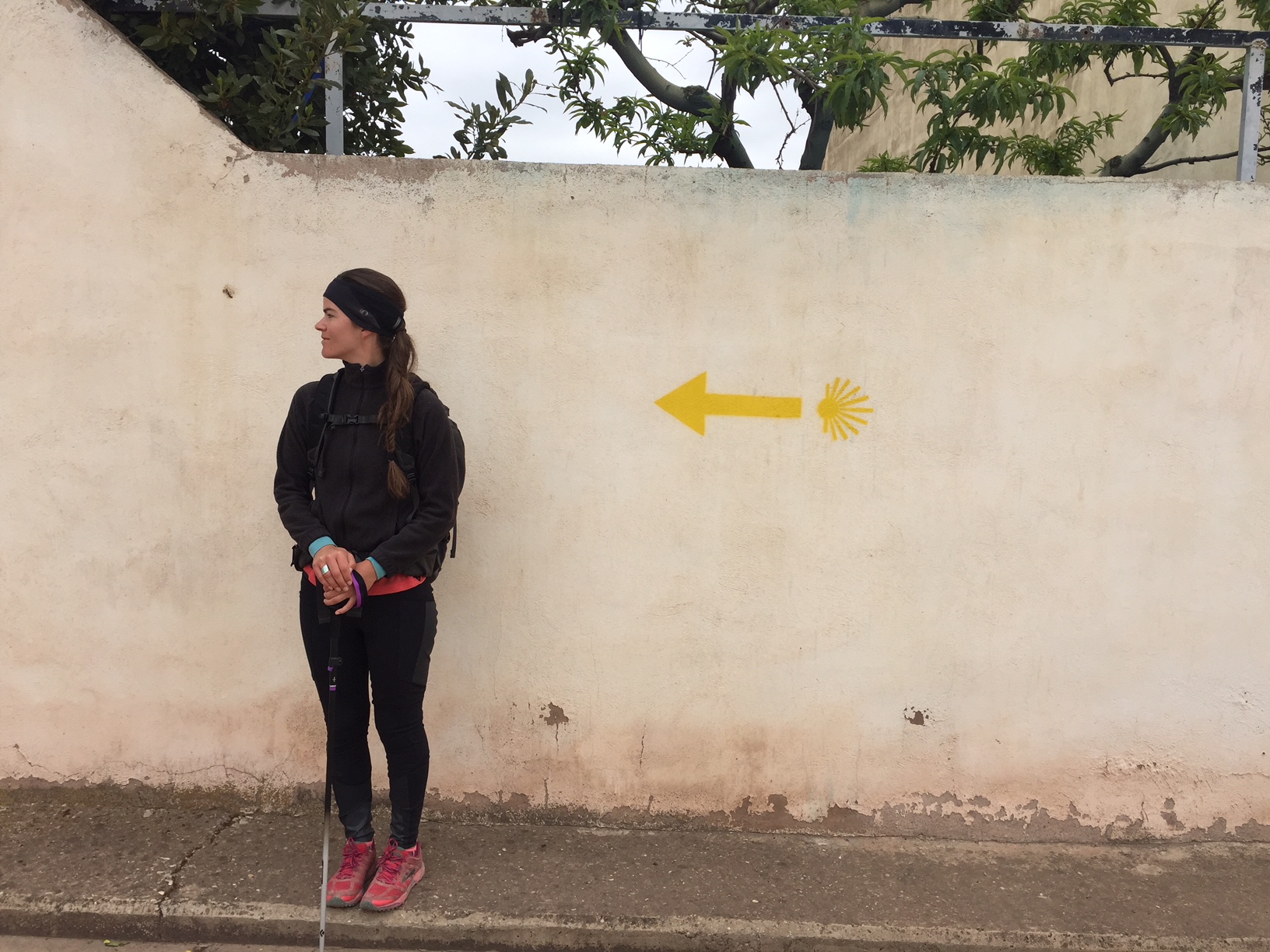
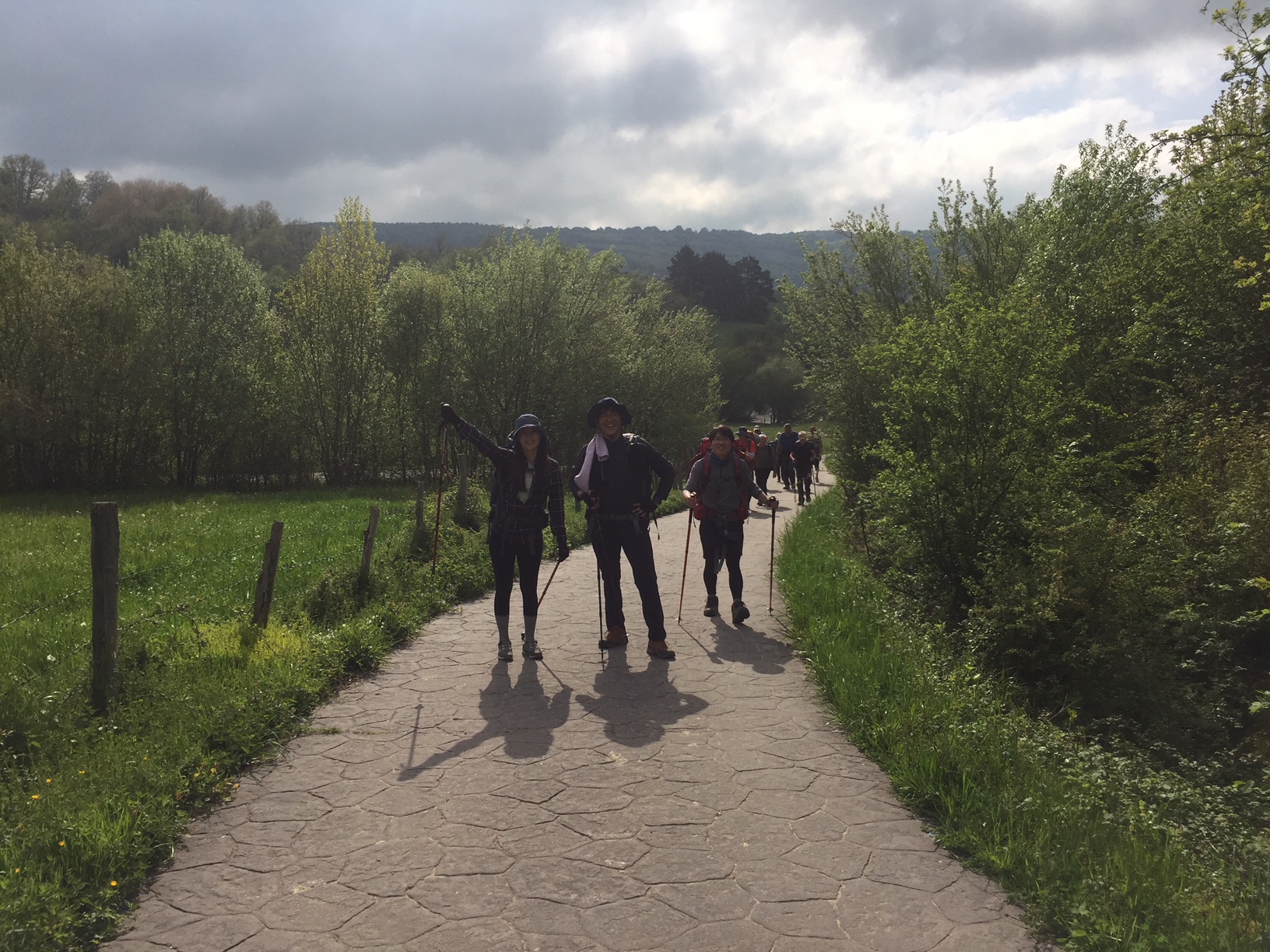
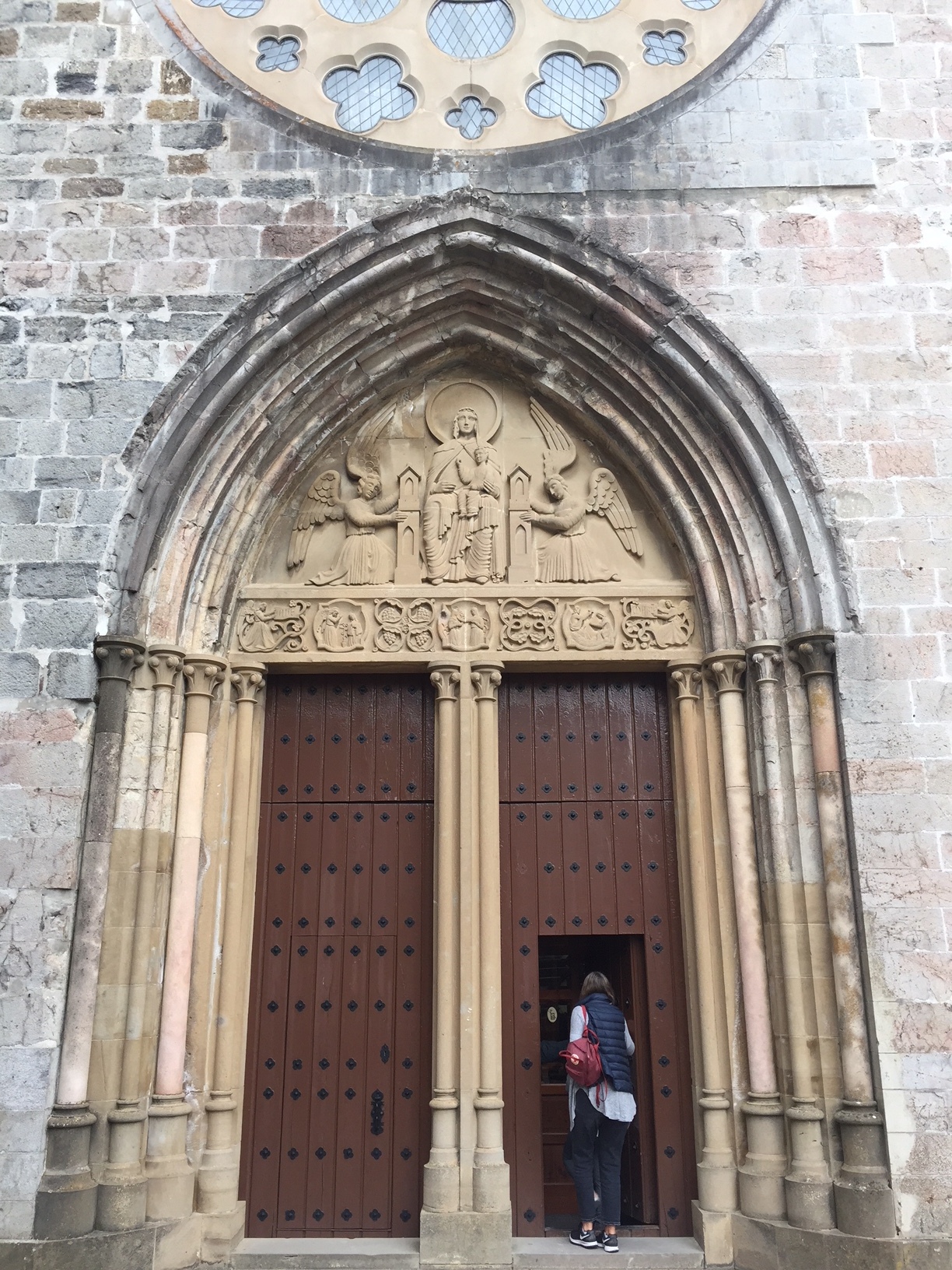
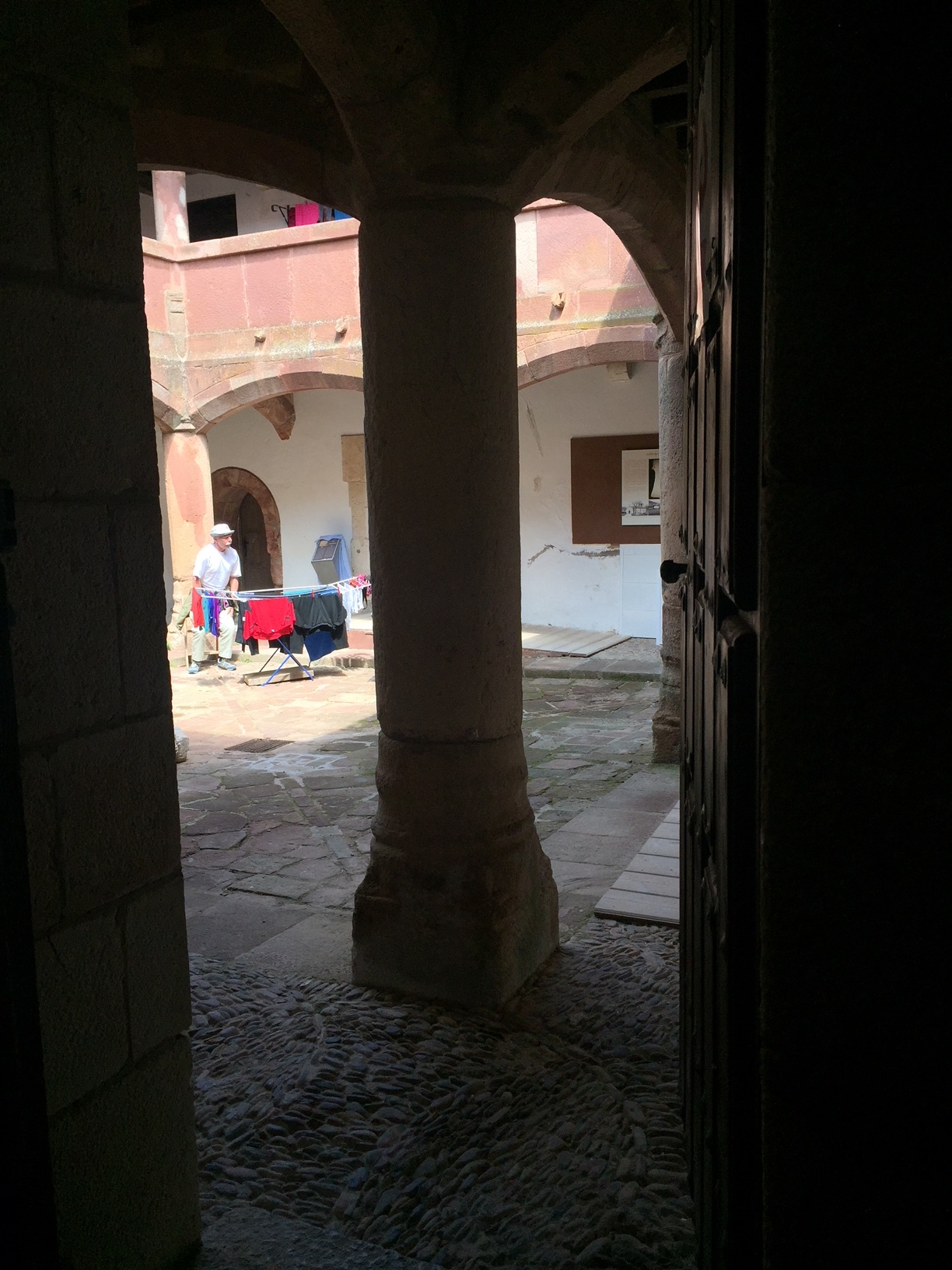
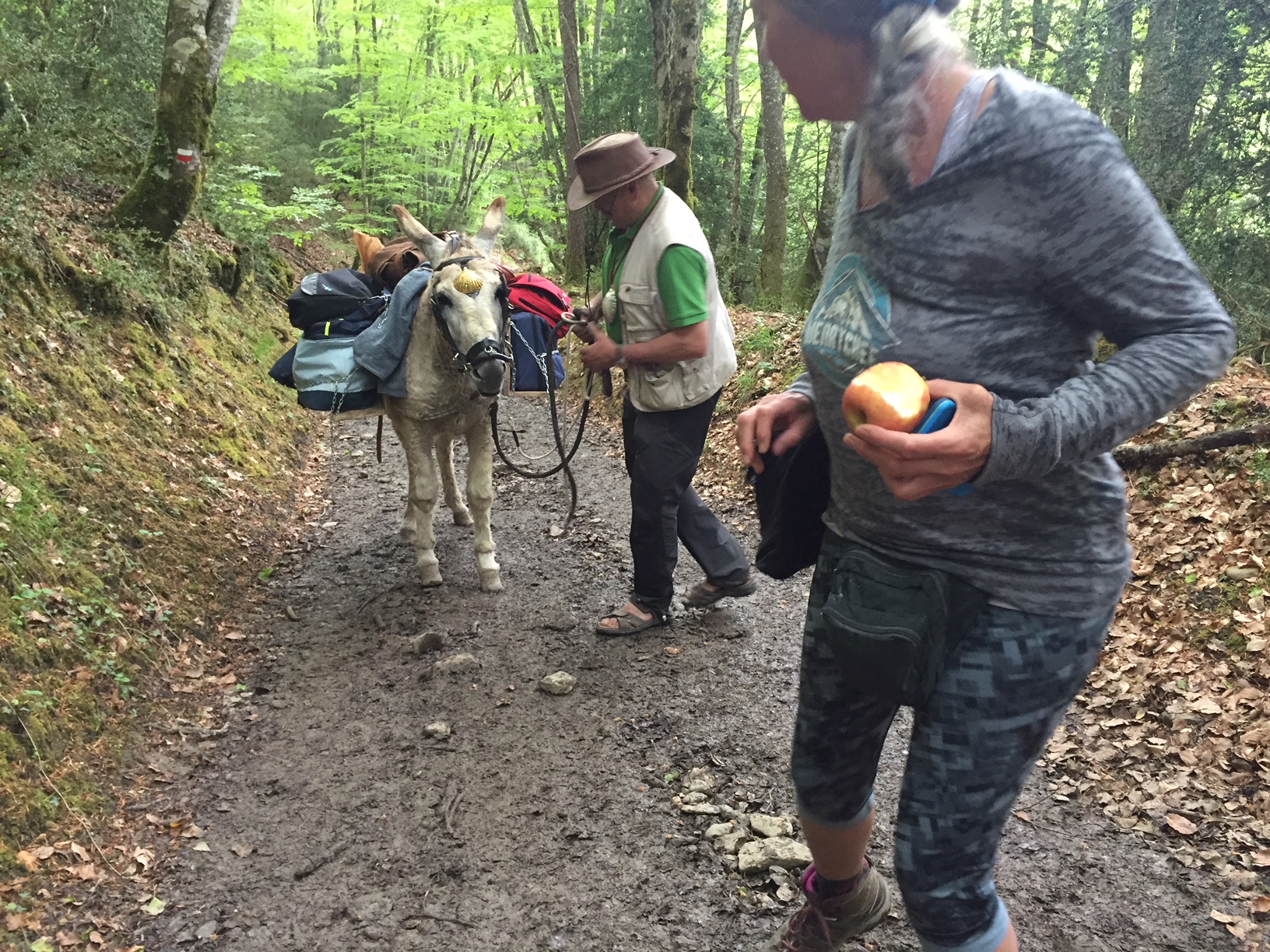
As a Millennial, I can honestly say that it is both easier and harder to connect than ever before. A 9-hour time difference means nothing in the age of smartphones. However, just because I can check my email from another country doesn't mean I should.
As a business owner, at first I struggled to turn it off. Each of the first five days on the trail, I worked. As others tended their blisters and backpacks, I checked iMessages and Instagram. By nature, my job is both salve and shackles. Don't get me wrong--I love what I do. Without technology, never in my wildest dreams would I be able to have this lifestyle I've created. Yet, disconnecting is infinitely more difficult when the rest of your life beckons from your pocket.
My walking partner, 30 years wiser, put it this way: "When I was your age, there weren't nearly so many ways to communicate. Now, it's check the mailbox, check the inbox, voicemail, texts. Facebook this, Twitter that. It's crazy."
She's right, of course.
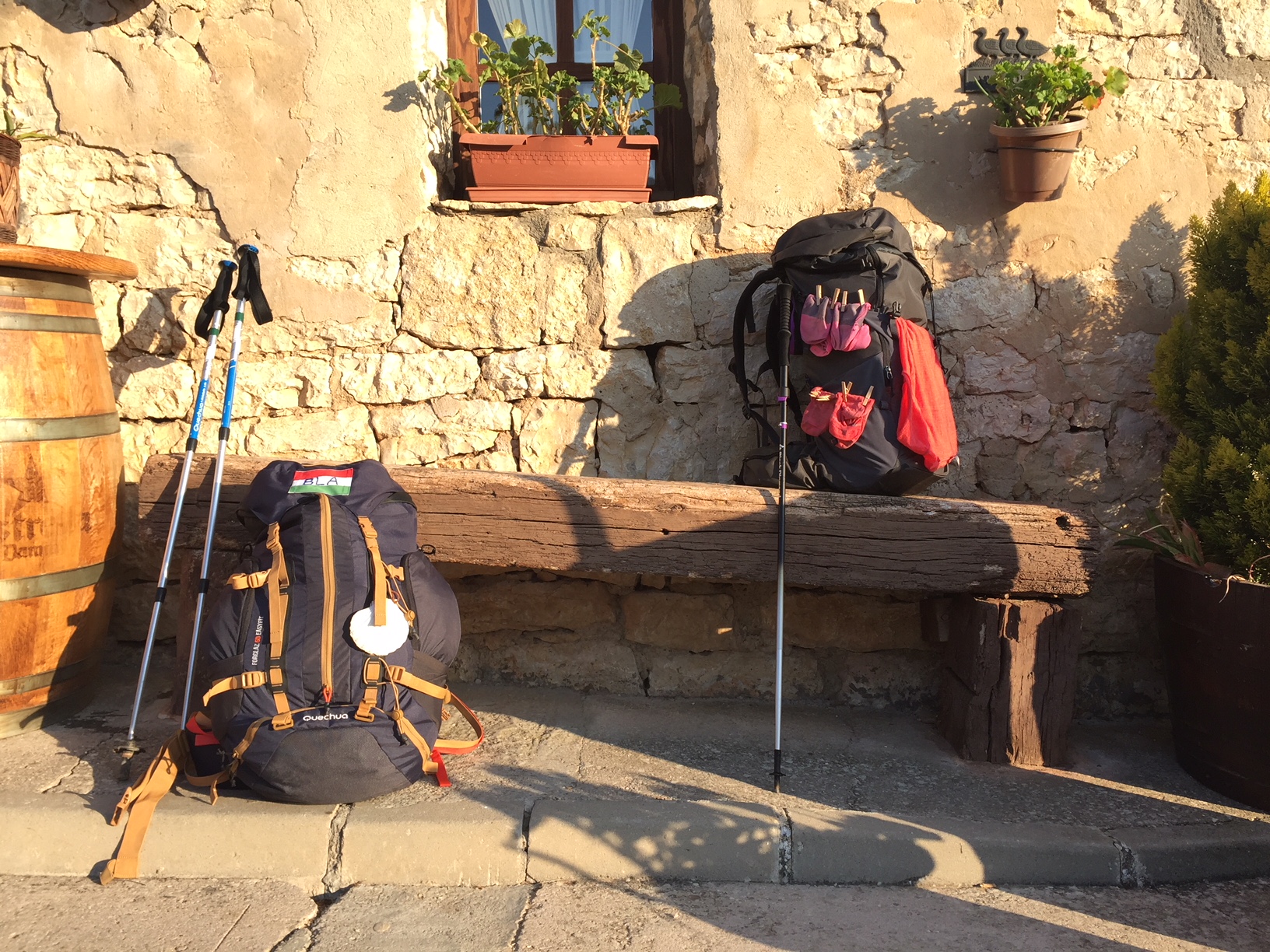
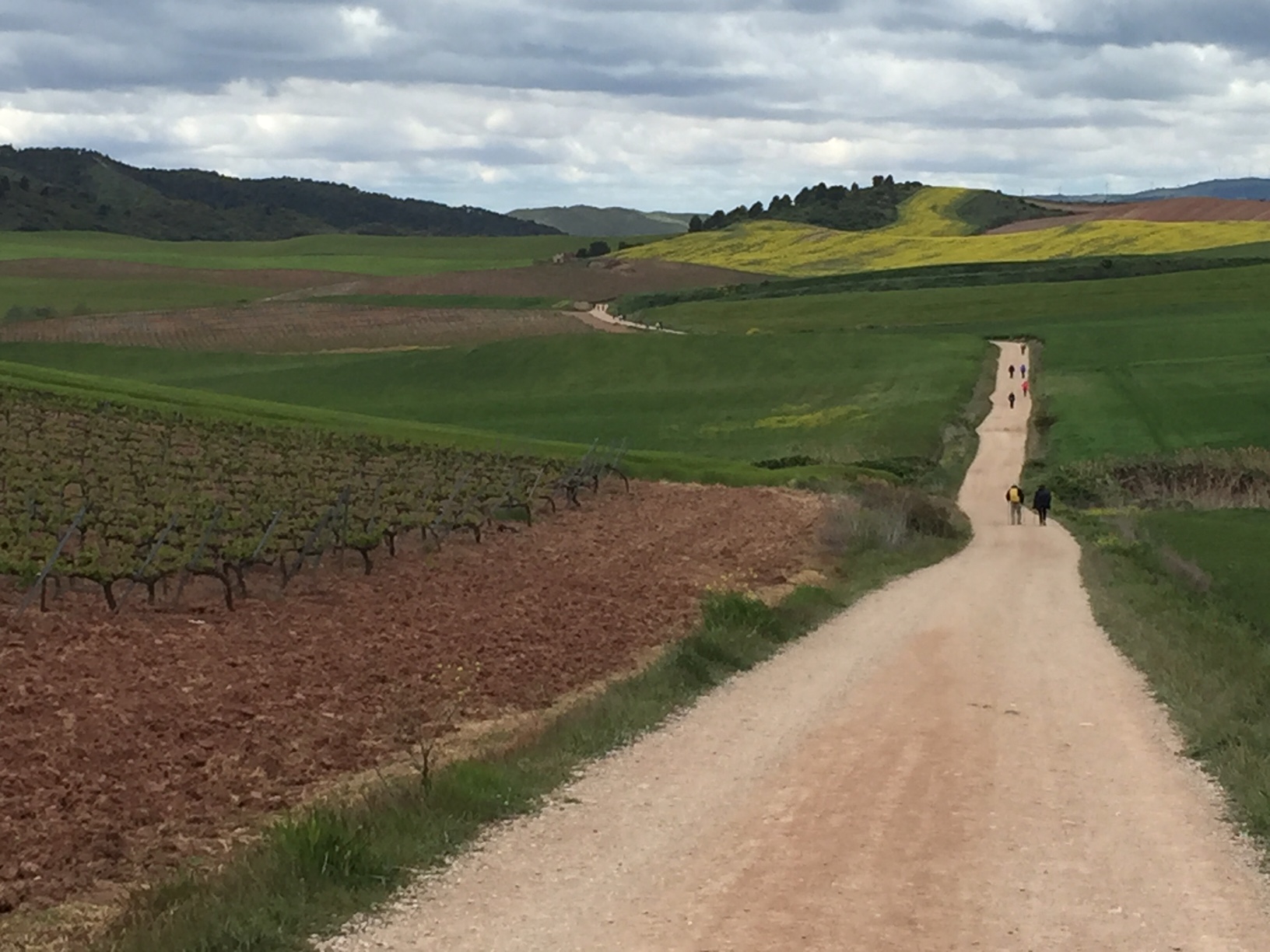
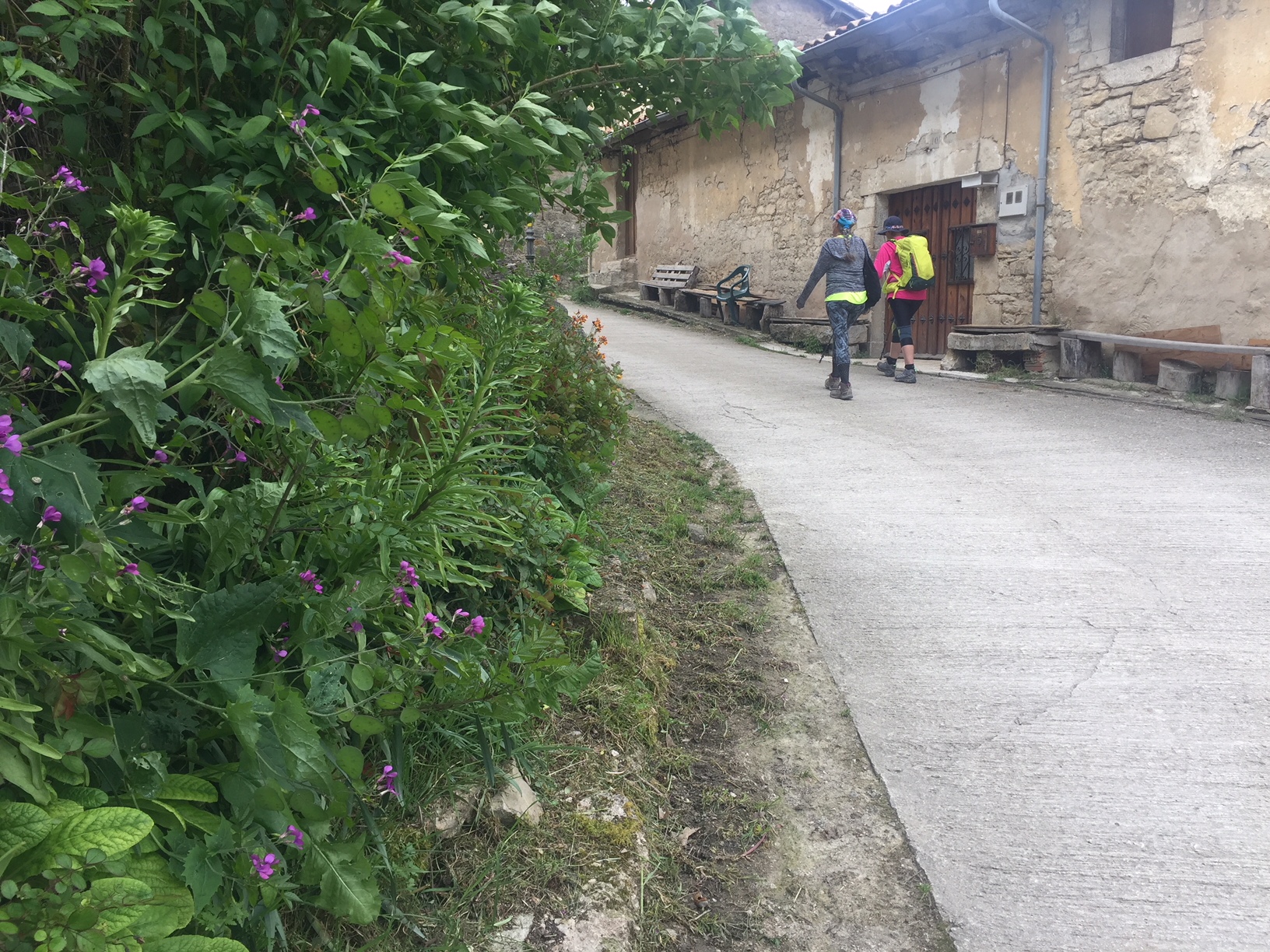
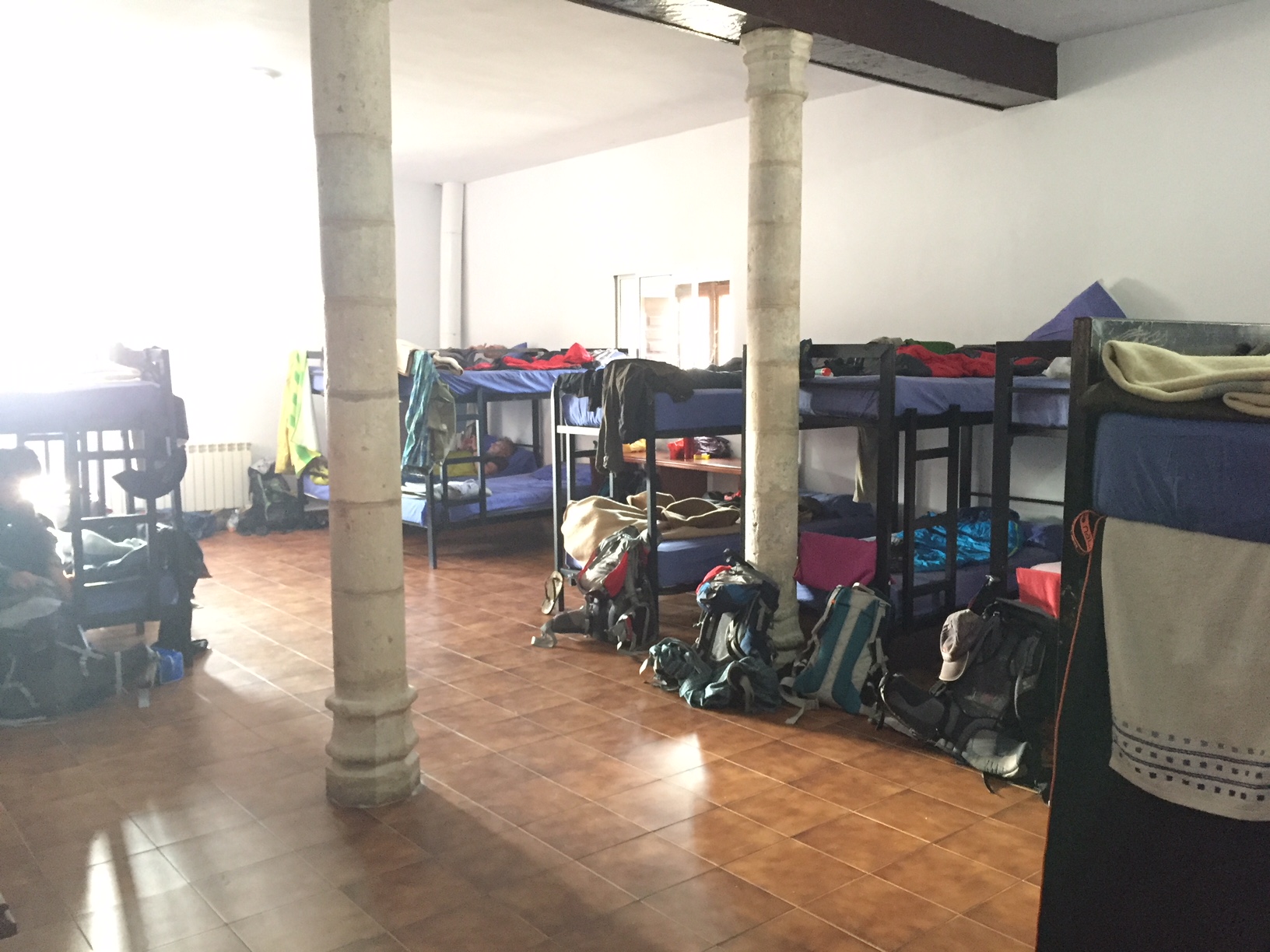
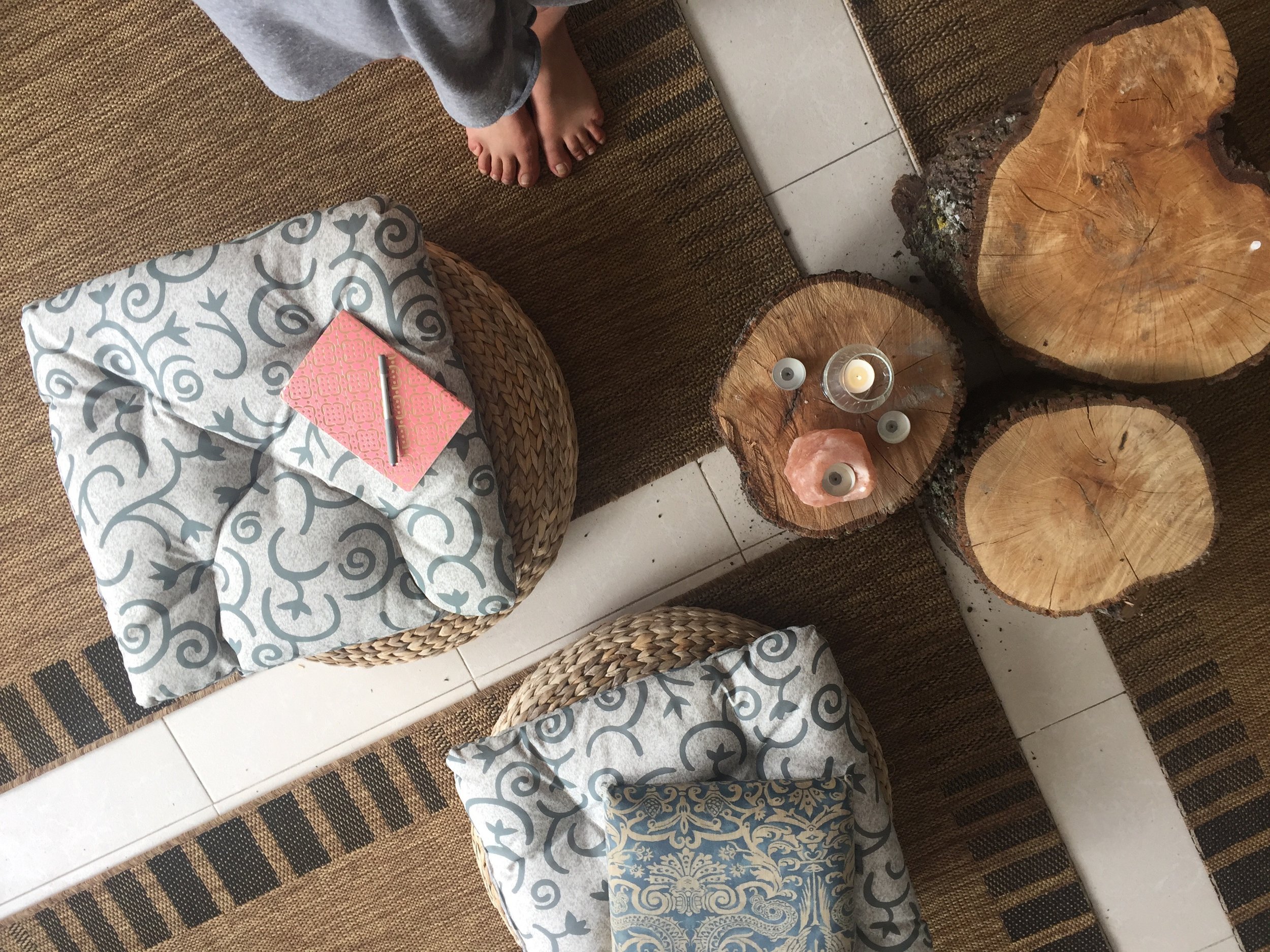
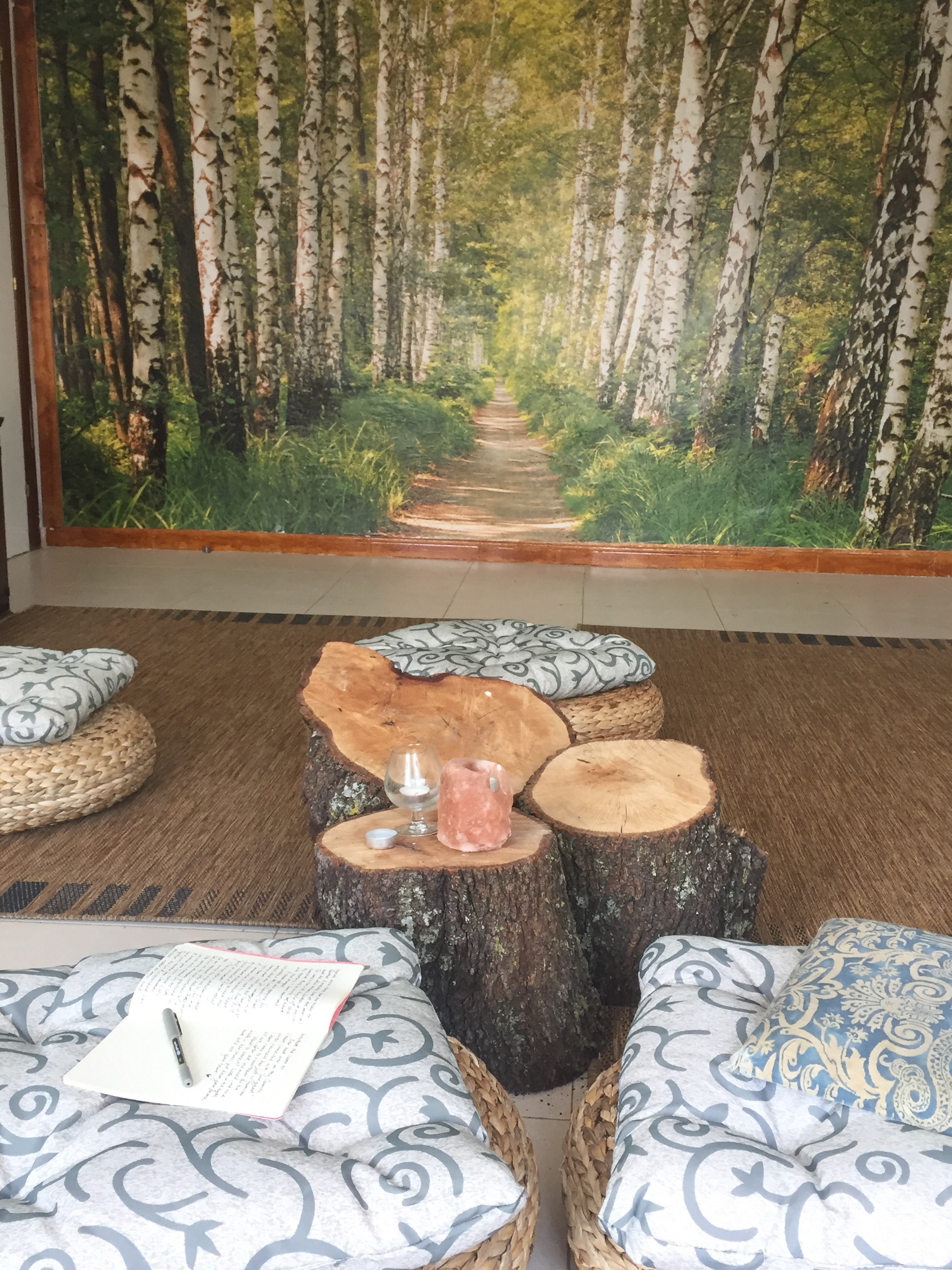
As we trekked through tiny towns with melodic names like Estella, Ventosa and Hornillos, we noticed that no matter how small, every village had these two things: a church and a town square. As we sat sipping sangria, we watched as a group of young boys kicked their feet in unison to a three-piece band playing Spanish folk songs. The older boys played football as the mothers and grandmothers socialized around the perimeter.
"Look at them," my walking partner remarked. "This is where they learn. Why don't we have these?"
We talked a lot about sorting, taking sides. Our culture is more polarized than ever before. We stereotype instead of seeking to understand.
In our first five days on the trail, we spoke with people from over 25 countries. We empathized. We cheered them on. We brushed our teeth next to them. In my five years as a digital nomad, I've come to learn, time and time again, that we have more in common with each other than we have differences.
One day, while walking through fields of wheat and olive trees, I shared a summary of a favorite podcast with my walking partner. As humans, we have the ability to physically experience one another's pain. Mirror neurons are signals which travel from one body to another. A gruesome scene at the movies and the whole audience flinches in unison. The same is true in the ubiquity of the everyday. Minute by minute, we have the opportunity to share emotions with total strangers.
A month ago, while applying for citizenship in the Czech Republic, local people asked why I felt I belonged in a country where I don't speak the language. I told them I didn't need to.
“Over 80 percent of communication is nonverbal. There is no dictionary necessary to read the facial expressions of fear or relief, grief or excitement.”
One day, after a particularly long trek, I invited two pilgrims to join me for an impromptu yoga session. We filed into the inner courtyard of a 15th Century monastery, practicing on smooth stone warmed by the sun. A woman from Spain asked if she could join, another from Germany. Together, the five of us stretched sore muscles, rested our bones and breathed the same air.
Over and over on this Camino, I have connected with "foreigners" whose rawness has felt so familiar I have come to view them as kin. We are, after all, one world, one voice.
Want to connect? Look in his eyes, walk in her shoes, put down your phone and hold out your heart.
~
Editor's Note: Karly did not bring a computer on her Camino de Santiago journey. Instead, she wrote this month's column by hand in her journal. She tried to type it to send it to us from the computer at a hostel, but the Spanish keyboard had too many letters in strange places. So she photographed her column with her iPhone camera, and emailed it to me with these images, asking if I could transcribe. I was delighted. There is nothing like reading a story from the heart in the teller's own handwritten script. xo ~Laura
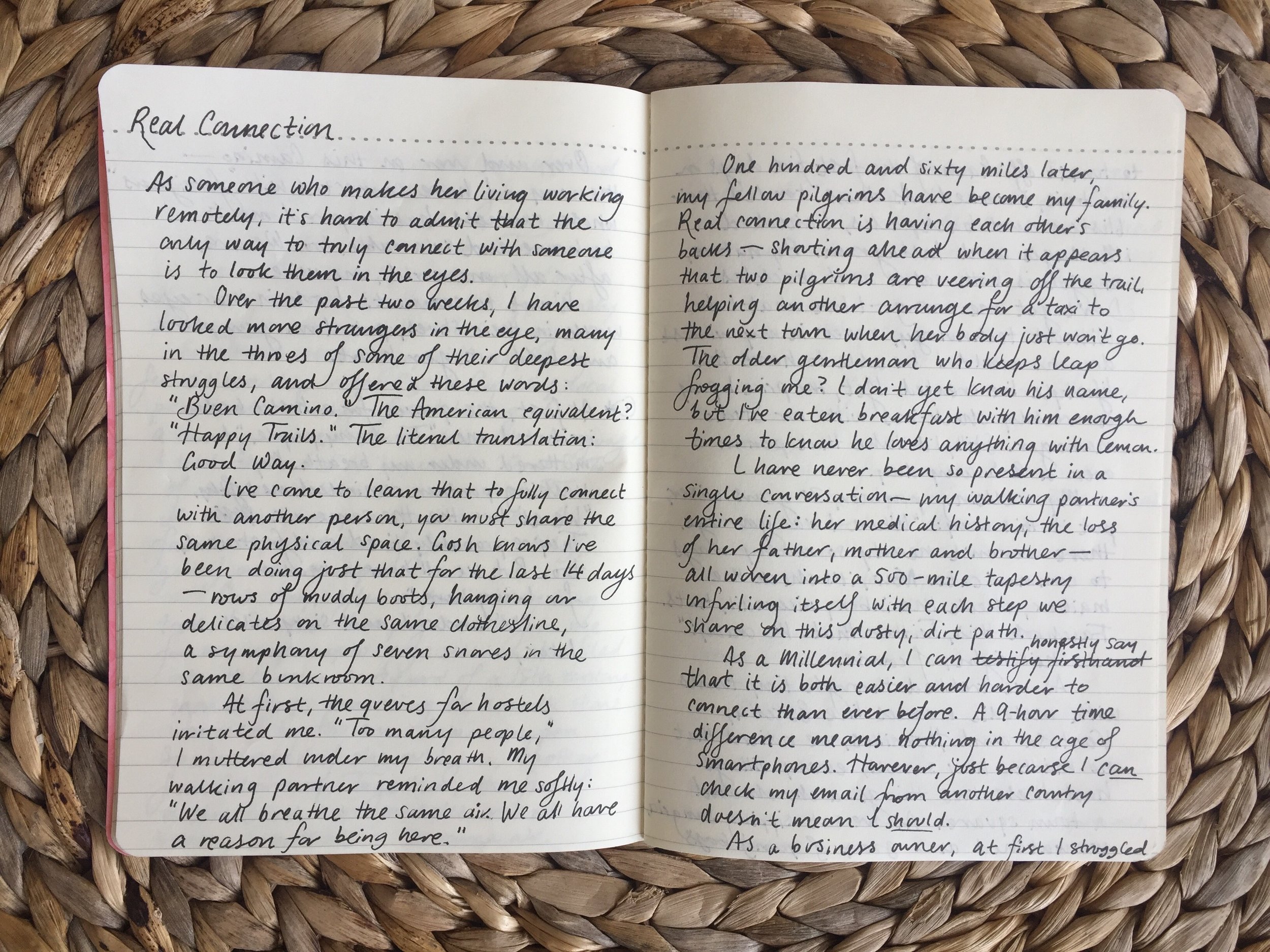
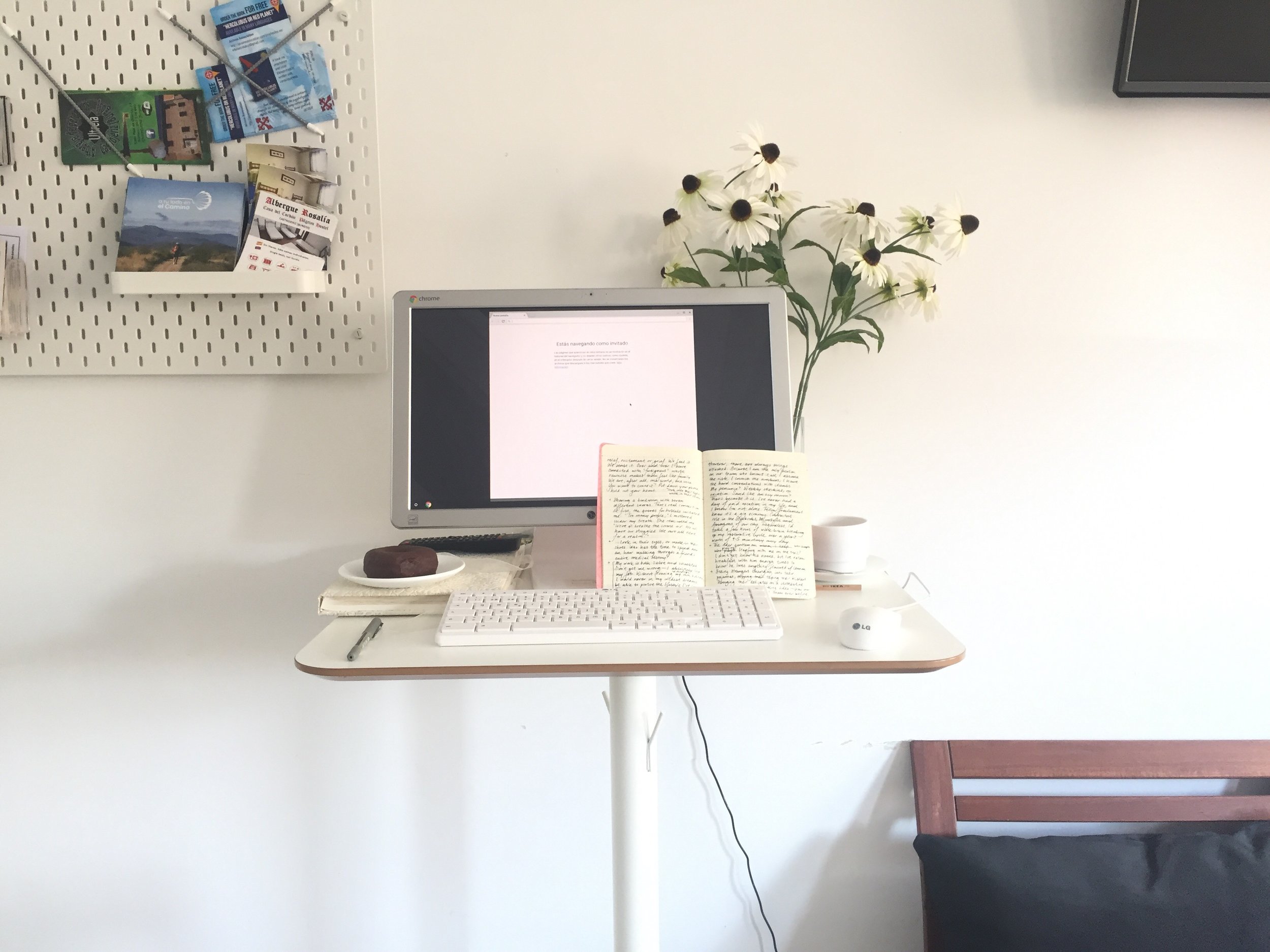
Karly Siroky is the founder of Karma, a brand strategy and visual design studio that helps nonprofits, small businesses and altruistic organizations place people and planet over profit. She and her team believe that good goes around. In 2013, Karly traded her corporate cubicle for the open road and remote wilderness. Her column offers a heartfelt look into life as a digital nomad, entrepreneur and servant leader of a creative team. Karly also serves as Lucia's design advisor, helping craft, guide and nurture our visual identity.
